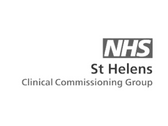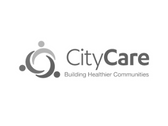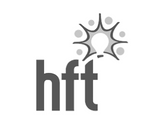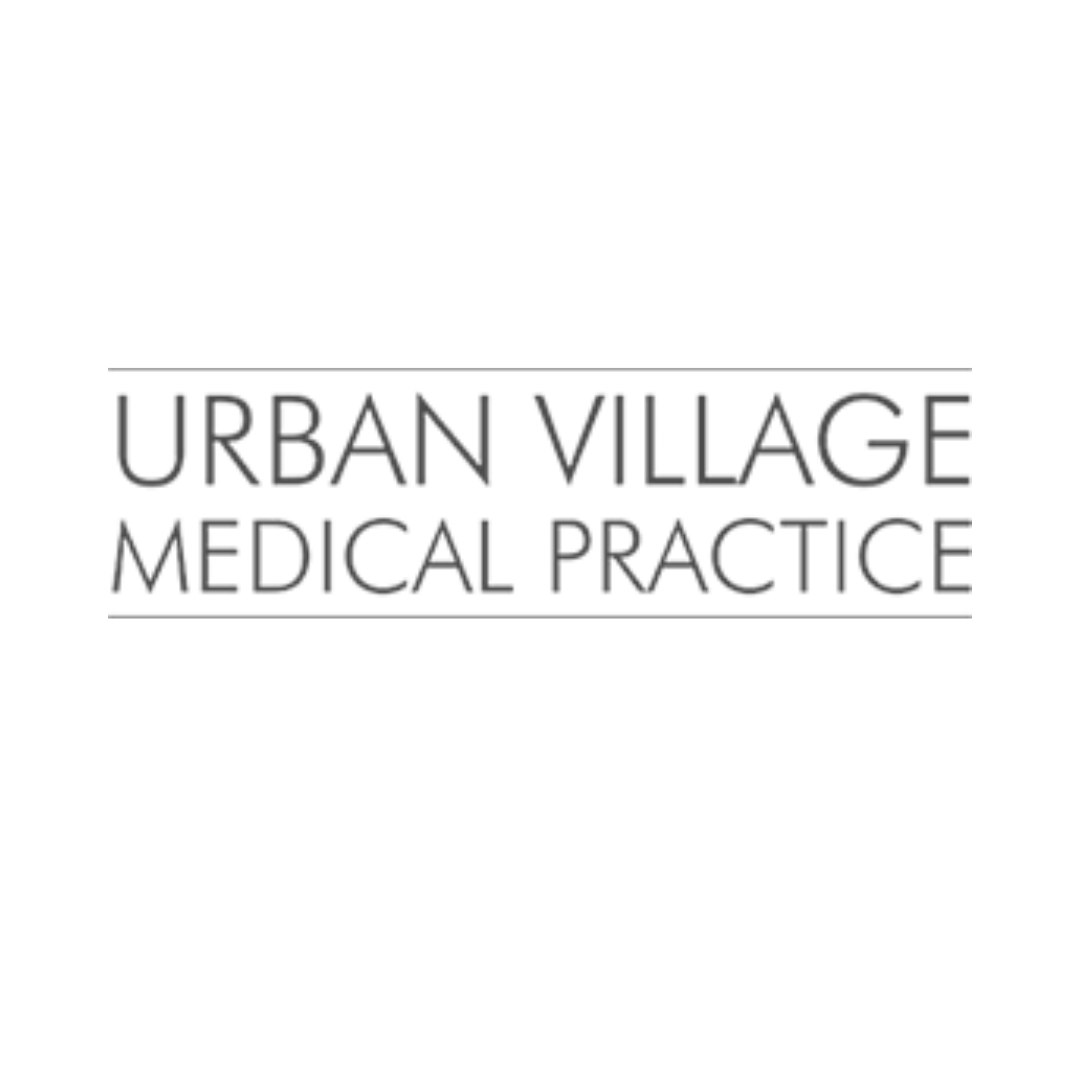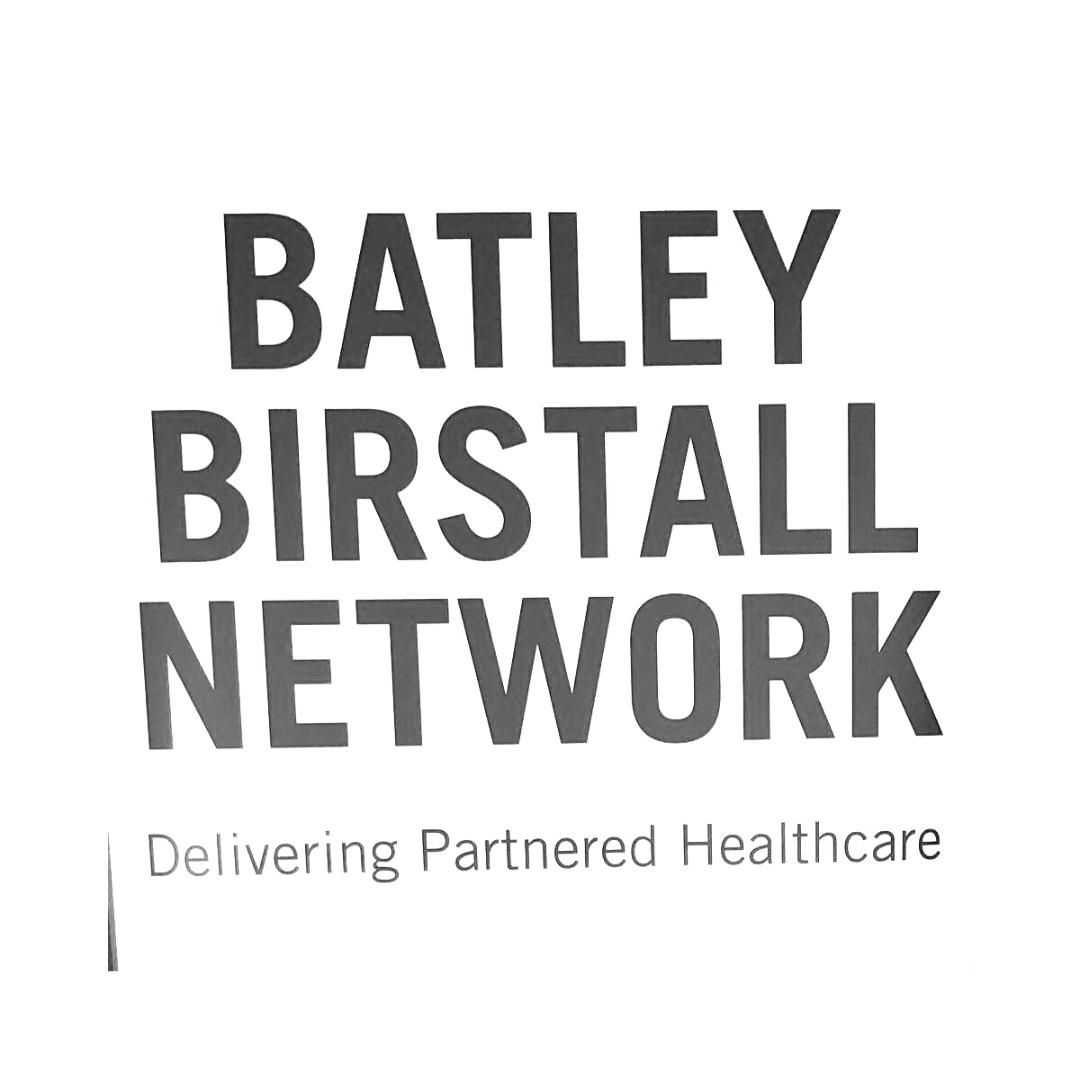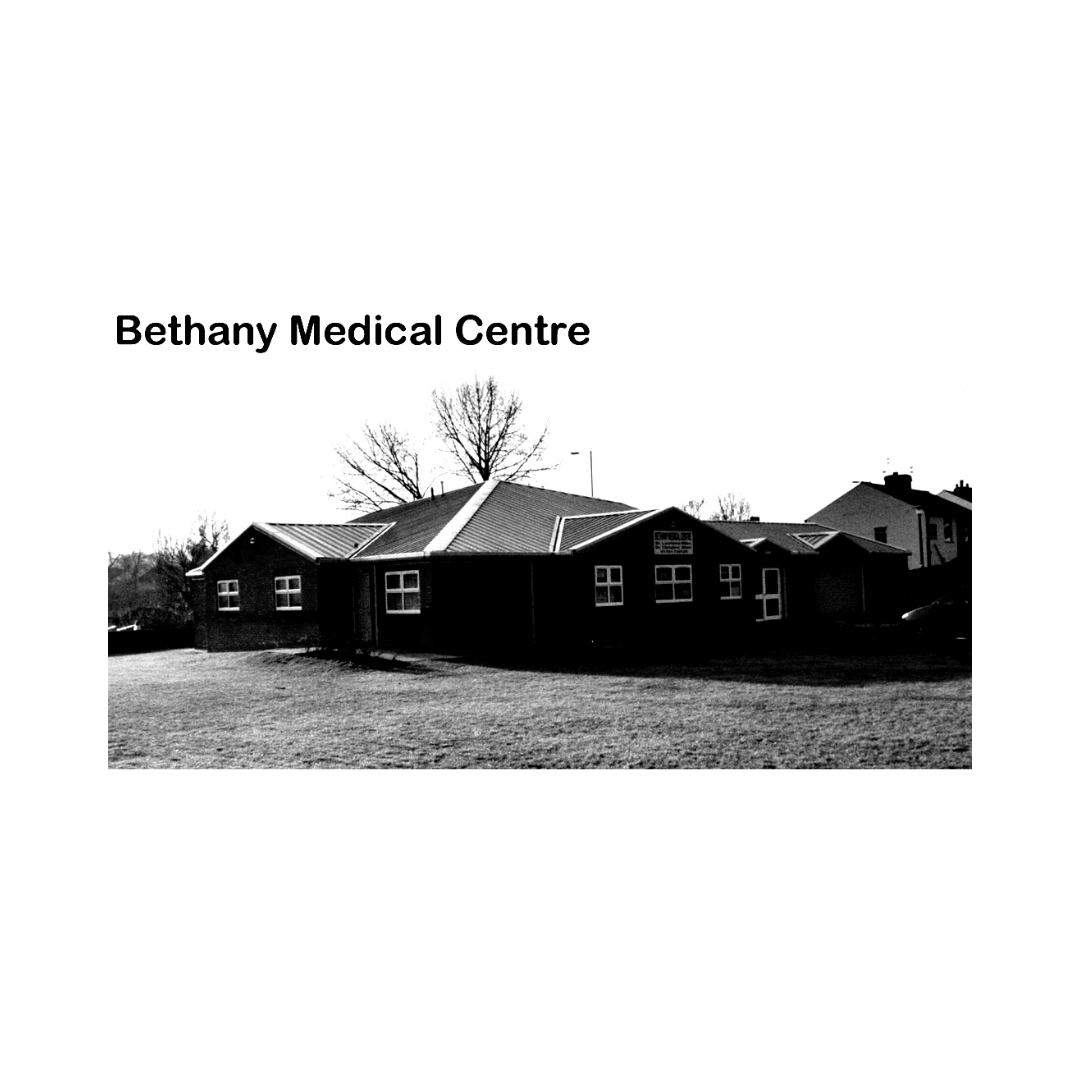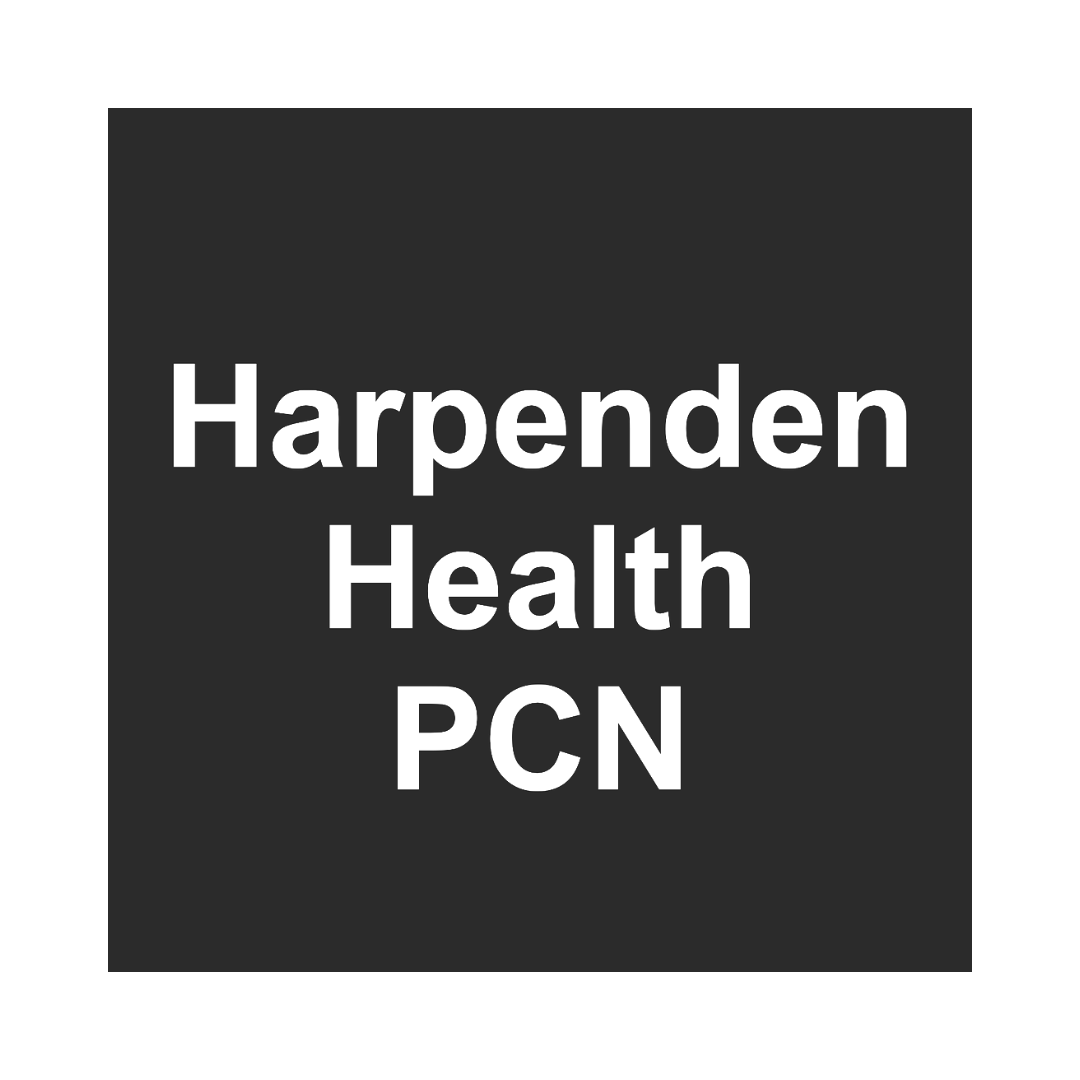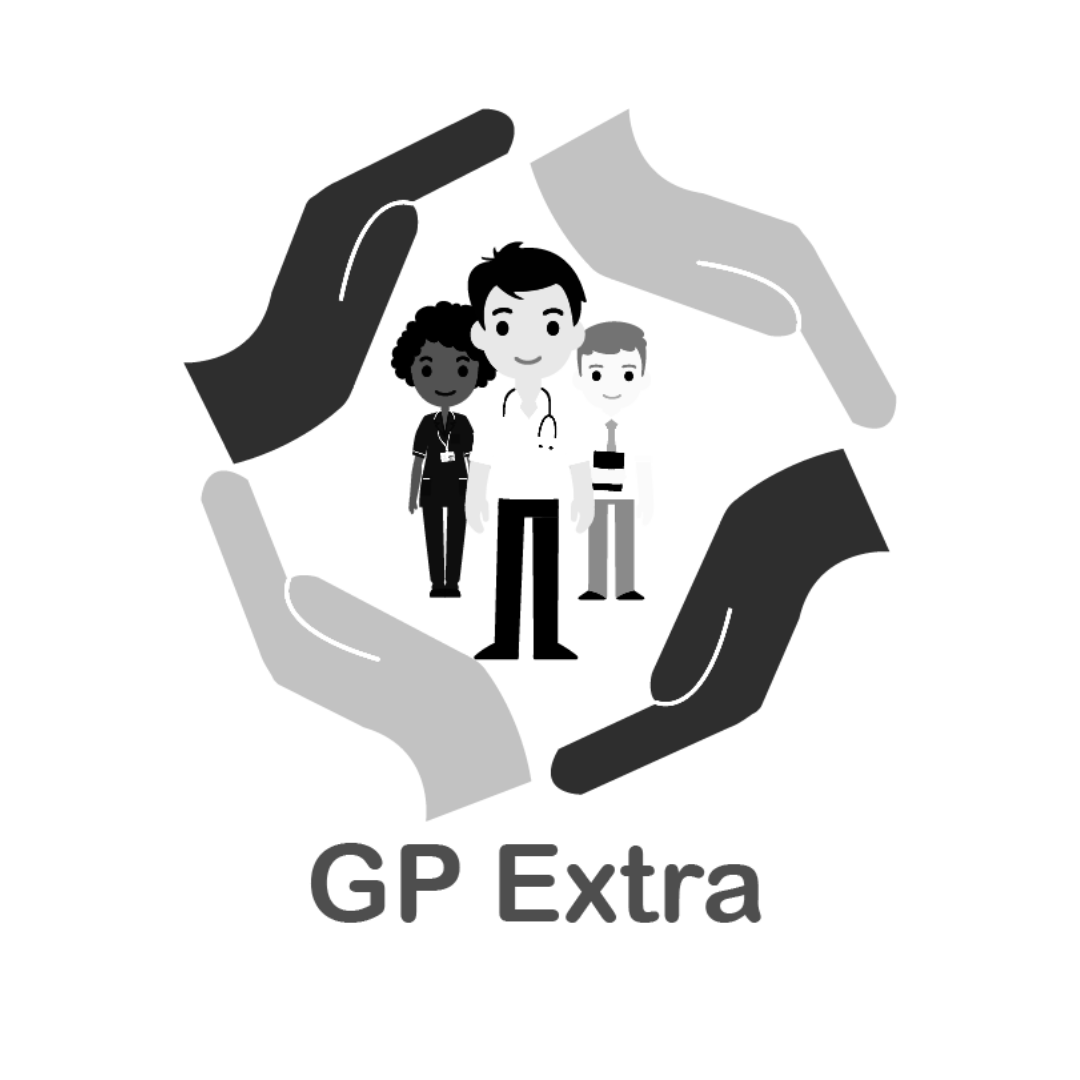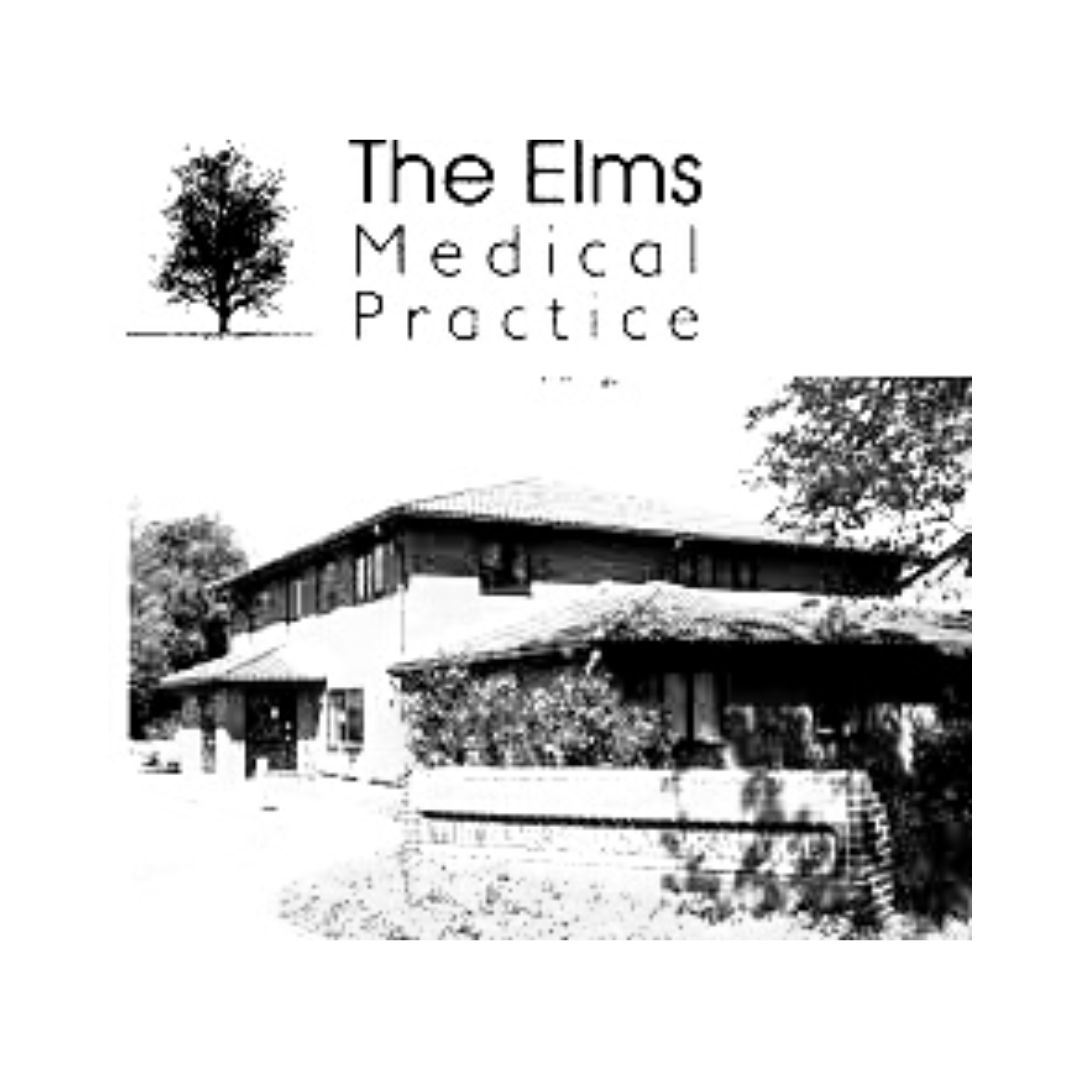NHS Primary Care and Community Services Business Support
If you’re looking for operational support, business development or project management for your NHS primary care or community service, you’re in safe hands with DKJ.
We’ve been successfully helping GP practices, primary care networks, GP federations and LMCs since 2014 and don’t just talk the talk; we walk it too.
Our multidisciplinary team of GP partners, clinical directors, PCN managers, project managers, and coaches can deliver all the expertise, real-life insight, and practical know-how your primary care team needs.
Trusted By
DKJ have helped Harpenden Health PCN Board to reflect on the way we work as three practices in a PCN in a positive safe environment. We are now progressing to a DKJ-facilitated away day to include all the GPs in the three practices to encourage more engagement and fulfil our mission in delivering holistic healthcare and promoting the wellbeing of our community. DKJ have given us the confidence to collaborate and make changes for the better.
Dr Bethan Rees
Clinical Director, Harpenden Health PCN
Our Primary Care Support at a Glance
Handling a primary care project while trying to deliver everyday patient care is often overwhelming, time-consuming and can be physically draining if you’re not careful. That’s why we lighten the load and can help in lots of ways. Here are just some of them:
Need mandatory training for GP practice staff such as IPC or resilience for reception teams? Perhaps some head space for your primary care team? Whether for strategy building, vision and value or team development, we facilitate effective and engaging off-site sessions to set you all on the path to success together.
Feel like you’ve lost your way a bit as a primary care network or team? Ask DKJ to undertake a full diagnostics review. We’ll conduct an internal and desktop review as well as focus on any specific areas you think might be letting you down. Finish with a full set of recommendations. DKJ can even implement the changes for you!
Change is inevitable in the NHS. DKJ can help you build your vision, establish robust agreements, and ensure your services align with your community’s health needs.
DKJ excels at providing interim management support to GP practices, primary care networks and GP federations with a focus on supporting your organisation with management while recruiting for a substantive role.
Make sure your partnership agreements, network agreements, data sharing agreements, information governance toolkits, risk assessments, audits, policies and procedures are all up to date and fit for purpose. Let DKJ’s experts review these to ensure your teams truly own and fulfil these documents with confidence.
Nothing makes us happier than rolling our sleeves up and getting stuck in with a primary care project! Access improvements, business case development, health inequalities, clinical service mobilisation, workforce development and ARRS recruitment; if it’s a primary care project, we’ve got the experience and skills to take care of it for you.
Case Studies
We have a lot of experience supporting general practice and primary care teams. Read about some of our projects below:
Introduction & Problem
Four Primary Care Networks (PCNs) in the North requested us to facilitate several workshops so that the PCNs could discuss areas which they could work on together at a PAN PCN scale and deliver using the Additional Reimbursable Roles Scheme (ARRS) Funding.
The aim of working across the locality was that all Clinical Directors felt that they were facing some of the same challenges such as frailty and mental health. Therefore, rather than setting up services within the PCN area it would be beneficial to patients to set up such services across the locality utilising the jointly funded ARRS roles and being managed by one management structure freeing up time for GPs and non-clinical staff.
The Process
The workshops covered an in-depth look at the patient population and health inequalities across all four PCNs, determining commonalities and key themes, understanding the roles currently employed by the four PCNs and what roles they would require for any such pan PCN projects.
The Results
By facilitating these workshops, the four PCNs agreed to top slice their ARRS funding and provide a frailty service across all four localities therefore reducing duplicate work and utilising the funding in the best and most effective way possible.
We believe that our services are valuable for any PCN or groups of PCNs who wish to work together at a larger scale. If you have any questions or would like to learn more about what we can do for you, please don’t hesitate to contact us!
Introduction & Problem
A large GP federation from Yorkshire commissioned us to undertake a project to understand where they were as a business and to develop a vision and underpinning plan for the future.
The Process
As part of this project, we met with over 30 key stakeholders from all sectors including community services, ICBs and member practices to understand their perceptions of the Federation, how it best works for them and how they hope to work with the Federation in the future. As we were seen as independent to the Federation, we were able to have frank and honest conversations which led to rich and valuable feedback which we could relay to the Federation Board.
The Results
We collated all of the feedback and presented our findings to the Federation Board. We led them through a Visions, Values and Strategy session based on the feedback and at the end of the session we were able to co-design a Federation Strategy fit for the future.
We believe that our services are valuable for any primary care organisation who are wanting to develop a strategy, vision and values. If you have any questions or would like to learn more about what we can do for you, please don’t hesitate to contact us!
Introduction & Problem
A large GP Federation were looking to deliver a Leadership Development Programme across 15 Primary Care Networks (PCNs). The programme was aimed at Clinical Directors and PCN Managers to support leaders in being able to successfully lead their PCNs through the challenges which they faced as leaders including the pandemic.
With delegates from a range of clinical and non-clinical backgrounds, leadership experience was varied amongst delegates so the course needed to be designed and delivered in a way that would accommodate these differing levels of experience.
The Process
We designed a course that was flexible to accommodate the learning needs of each individual.
Our approach was to incorporate a variety of delivery methods which included interactive workshops, incorporating case studies from existing Clinical Directors and PCN Managers and an opportunity to reflect on how learning could be implemented. These workshops were supported by the opportunity for each individual to complete a leadership styles questionnaire and receive individual coaching from our team of experts. Recognising that this group of senior leaders also needed to be given ‘head space’ to absorb and reflect on their learning to enable effective implementation was a priority, we provided this time in a structured and supported environment.
The Results
48 delegates from across 15 PCNs attended 5 workshops and individual coaching sessions. Despite being run remotely, the sessions were interactive with the opportunity for shared learning and provided that much needed headspace for Clinical Directors and PCN Managers to share their ideas with their peers.
Introduction & Problem
A training hub in the Midlands recognised their internal team required support through training on understanding workforce planning and training needs analysis so they could have meaningful conversations with PCNs about these areas.
The Process
Working with the client, we understood the learning needs of the delegates, developed learning objectives, designed the sessions and delivered two 2.5 hour online training sessions covering workforce planning and training needs analysis. We measured the impact of the training immediately after the session and 3-months after completion, providing ongoing support where needed. Feedback has been extremely positive with staff stating they are confident to provide support to the PCNs they cover.
Running alongside this, they commissioned us to support their 17 PCNs with their workforce planning intentions to enable them to complete their PCN Workforce Plan submission through two workshops. To understand the needs of the PCNs, we met them individually to understand their current workforce, workforce intentions and how this linked to PCN operations including looking at training needs analysis of their team, population health management data, meeting the DES, IIF, development of projects/services and practice support to reduce workload off GPs and other clinicians whilst also covering change management and quality improvement initiatives.
At the end of the 1-2-1s, we held two 3-hour remote workshops where participants were guided through completing a PCN Workforce Plan based on the individual discussions and sharing our experience of supporting PCNs nationally with workforce planning.
The Results
The sessions were very well received and we have been recommissioned to deliver further training for the client on clinical areas such as SMI and QOF and Health Inequalities in General Practice.
Introduction & Problem
A large GP practice in the East of England with approximately 18,000 patients contacted us as the Practice Manager was leaving the practice, and the practice wished to review the current situation, identify any areas of concerns, and develop an improvement and recruitment plan.
The Process
We started by reviewing all our external information: the website, social media, NHS data streams – anything that would give us insight into how people were interacting with the practice. We reviewed their systems and processes to see where they were falling short. We talked to staff members on a one-to-one basis and held team meetings so we could get a sense of where they felt like things were going well, where they needed support, and what they thought could be improved.
We also did an assessment tool that looks at how well practices are functioning in various areas like business and finance; relationships and collaborative working; population health and analytics (QOF audits); capability (staff levels); responsiveness and compliance (CQC, statutory requirements); and digital tools used by the practice.
Finally, we observed how things worked in person – sitting in on various teams’ meetings and observing the process from start to finish, and we collected anonymous feedback from staff using an electronic survey.
The Results
After a thorough review of the practices’, we’re pleased to report that we were able to identify and address all the “red flag” issues that have been holding the practice back from achieving their goals.
We identified a PM recruitment plan, which will help us hire new PMs and retain existing ones. We also created an agenda for change that aligns with staff needs and expectations. In addition, we identified the need for a triage model that better meets the needs of patients, as well as creating a cash flow model to ensure the visibility of the practices’ finances so they can measure future business performance.
Strategic planning is about making sure that your company is on track to achieve its goals. It’s about making sure that you’re doing what you need to do to get there and that you’re not wasting time or money on things that don’t matter. We hope this case study has helped convince you that hiring a professional company to do a strategic review can help you make sure your company is where it needs to be.
Introduction & Problem
We helped a Primary Care Digital Health Specialist by supporting the delivery of a program of work to highlight the benefits of advanced telephony in primary care. They provide digital healthcare services throughout the UK, including GP video consultations, as well as GP and nurse retention.
The Process
The delivery of a program of work for a primary care trust (PCT) was supported by a detailed assessment of the required capabilities and adoption of advanced telephony in primary care.
This was achieved through the following steps:
Webinars addressing the use of advanced telephony, including case studies for the features.
Assessing demand and capacity in the context of advanced telephony, utilising telephone data to understand “real” demand, and using call centre techniques to assess required capacity.
The Results
The benefits of telehealth have been well-documented, but many practices are still not taking advantage of the technology.
We are currently still working with the client on how to get started with telehealth, and we have been running webinars aimed at engaging practice staff in thinking about their use of advanced telephony and offering support to maximise their benefits.
We are currently awaiting clear commissioning intentions from the client as to what the next stage of the project will be. We may run more webinars, be more actively supporting the practice or producing tools and information for the practices to use.
NHS Primary Care Business Support FAQs
DKJ offers a wide range of supportincluding governance advice, network agreements, data protection, board development, premises reviews, workforce planning, contractual support, DES and IIF assurance, as well as support with capacity and access plans and guiding PCNs through the limited company journey.
Yes, DKJ has vast experience in delivering leadership and development sessions to over 75 GP practices as part of practice management learning and development programmes, tailored to enhance leadership skills and team cohesion.
DKJ has supported over 85 PCNs and INTs with setting up and developing their organisations, providing advice on workforce, legal structures, financial implications, HR, employment law, and developing shared visions, values, and goals.
Yes, our diagnostic reviews can cover as much or as little as you need. From governance, network agreements and schedules, limited company feasibility, clinical director election process, PCN vision and values to board structures, budget and development funding, data sharing agreements, ARRS employment structure, and a deep dive into DES and IIF Assurance among many others, DKJ’s practical expertise is unrivalled!
Absolutely! DKJ manages various primary care projects like reviewing practice access, developing business cases, mobilising and implementing new clinics and services (e.g., hubs, vaccination clinics), and more
DKJ offers mandatory, statutory, and required training covering areas such as Infection Prevention and Control, building resilience in reception teams, writing winning bids, patient engagement, health inequalities, CQC communications and business cases, to name just a few of our most popular sessions.
DKJ supports the entire recruitment process from advertising and vetting CVs to arranging interviews. We can also provide workforce planning support, ensuring alignment with your operations and strategic goals.
Book a free appointment so we can understand your needs and how we can best support your NHS organisation.






































